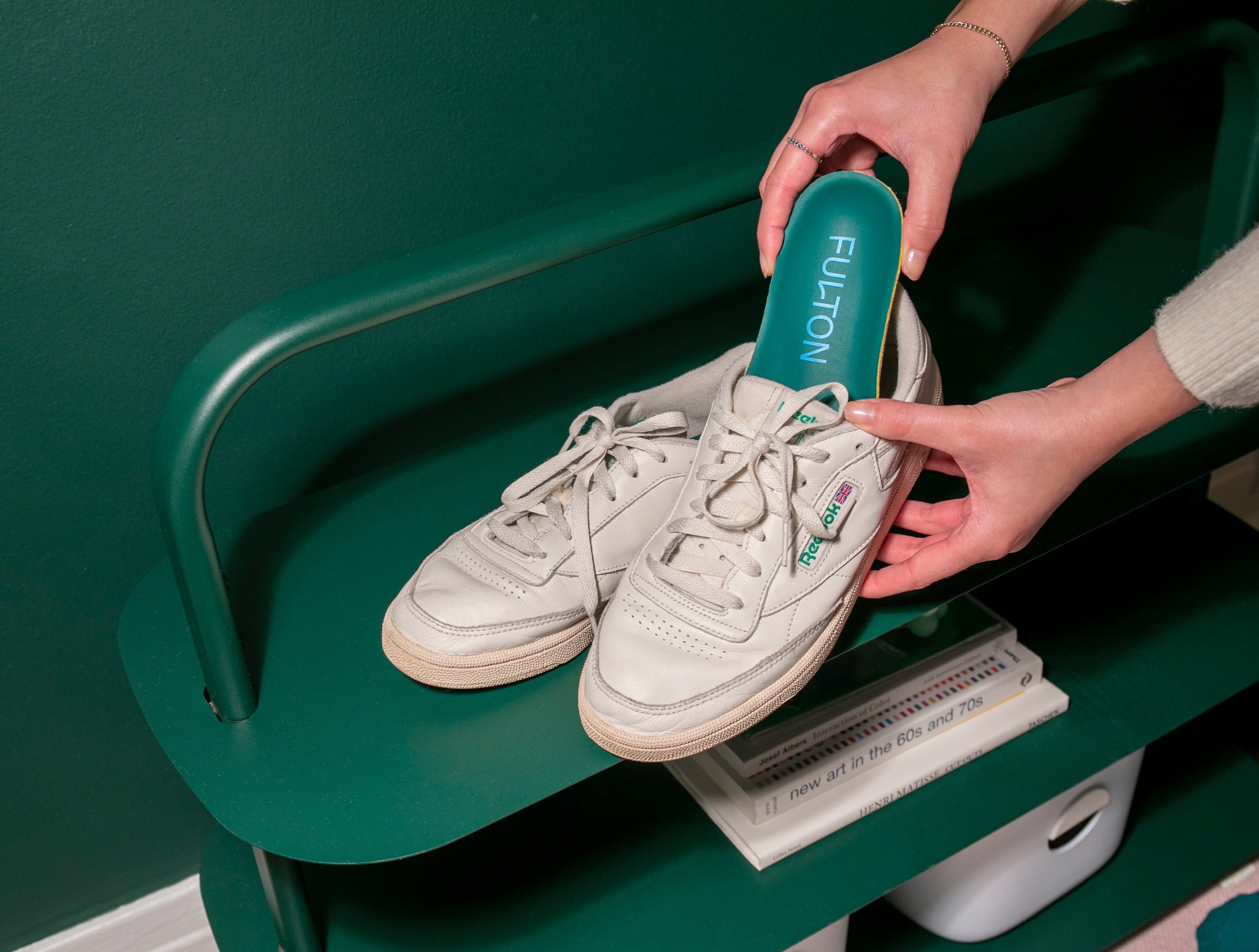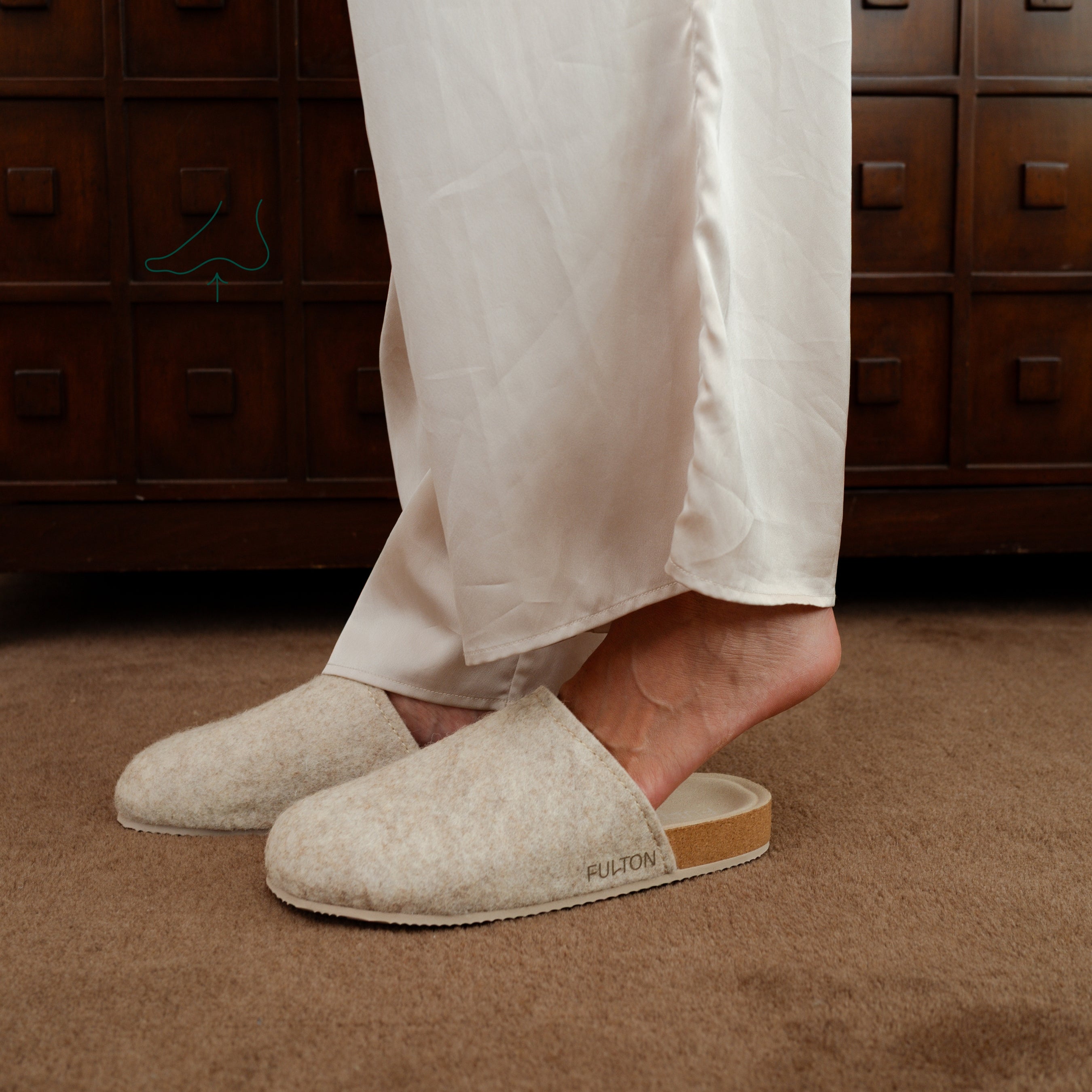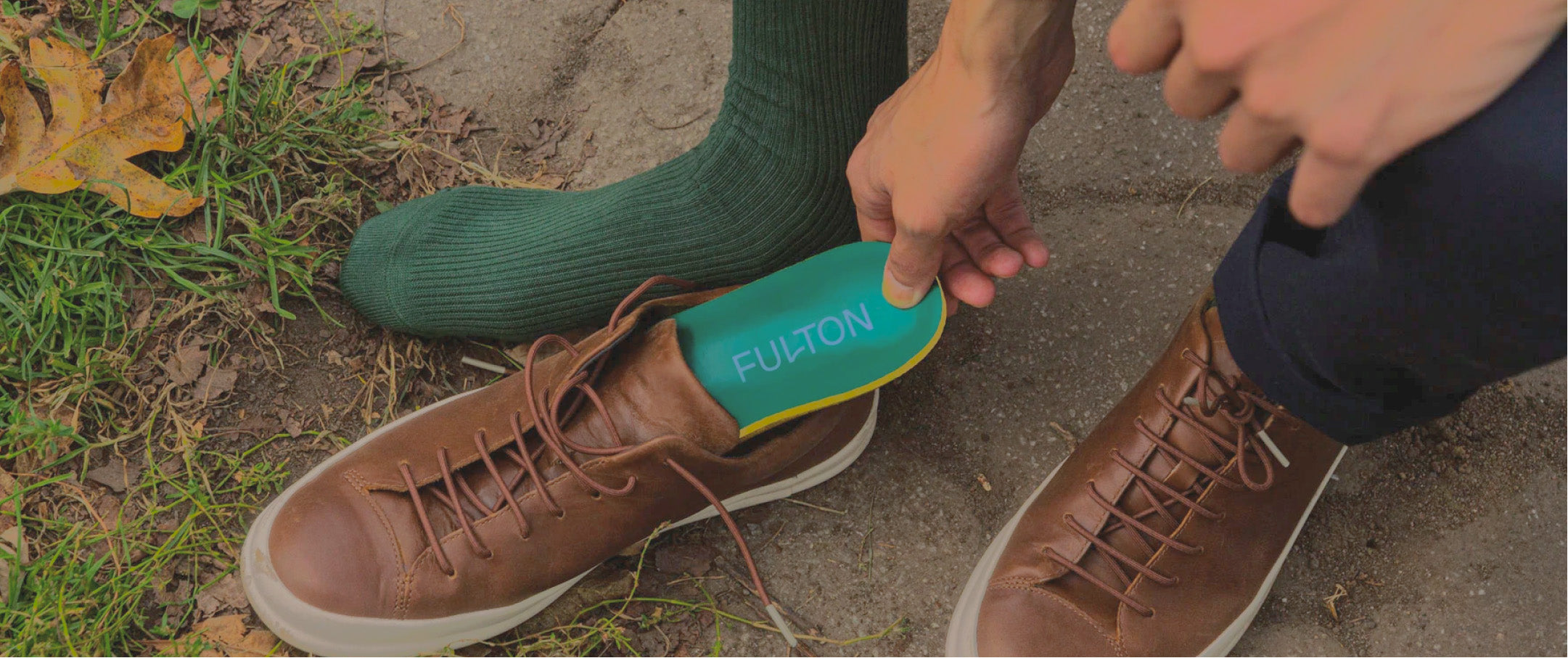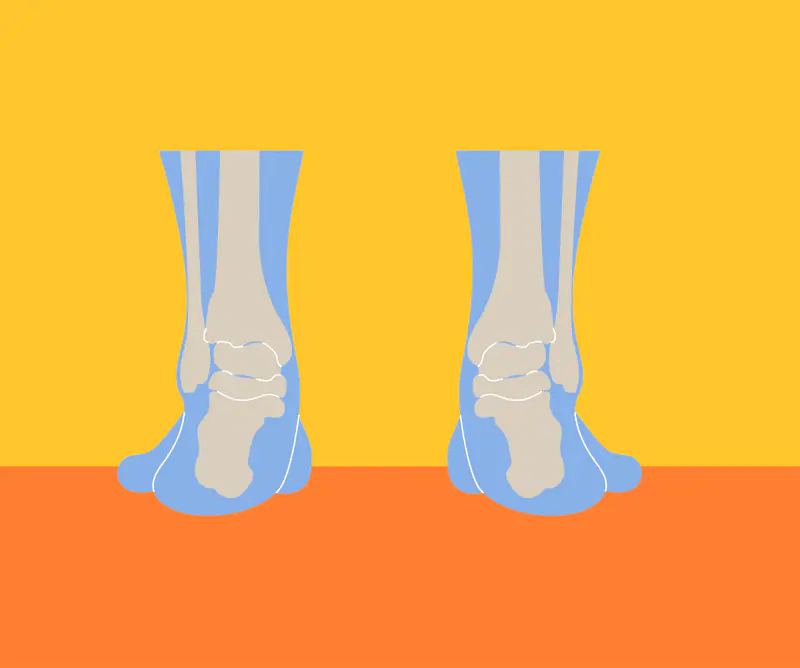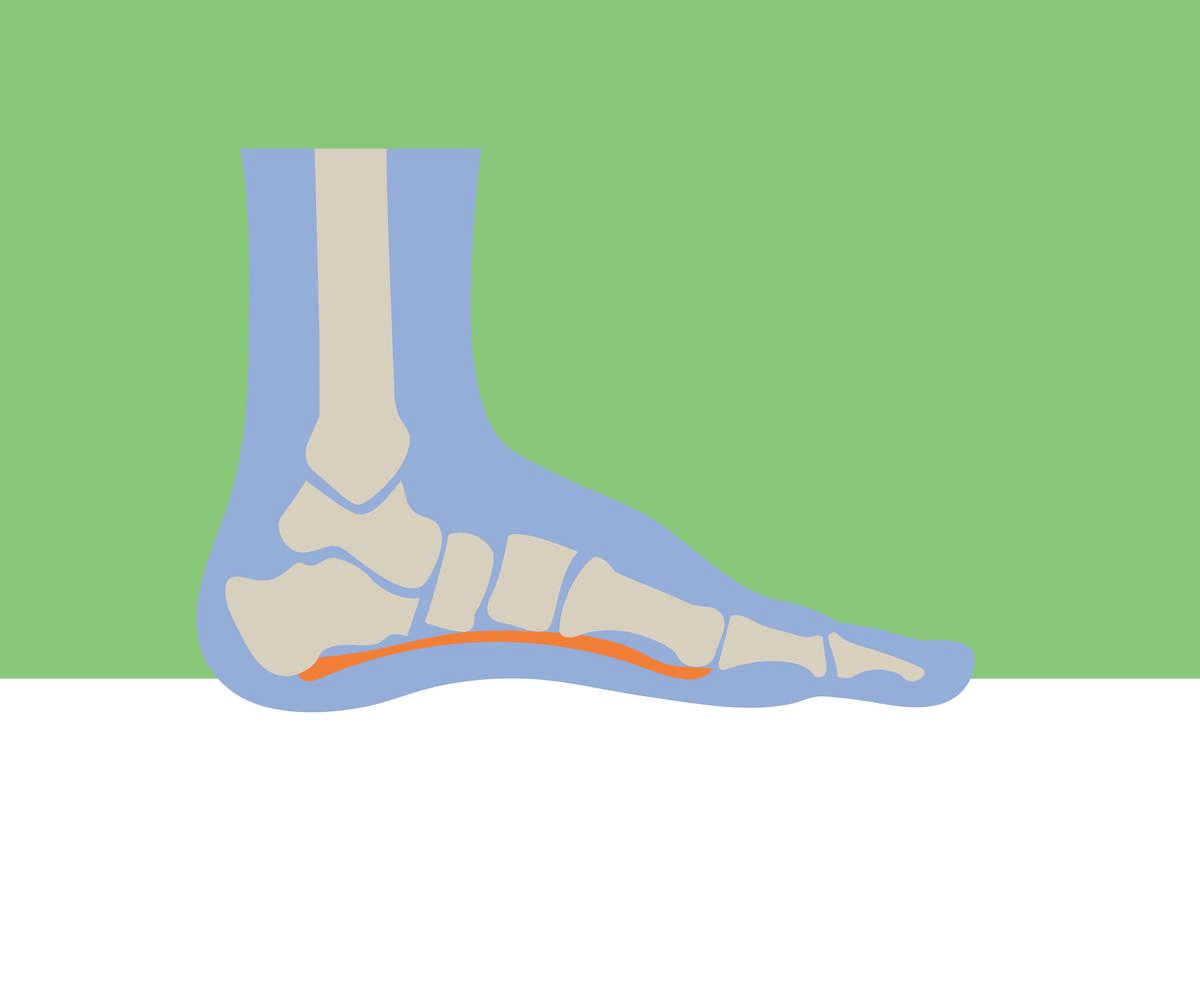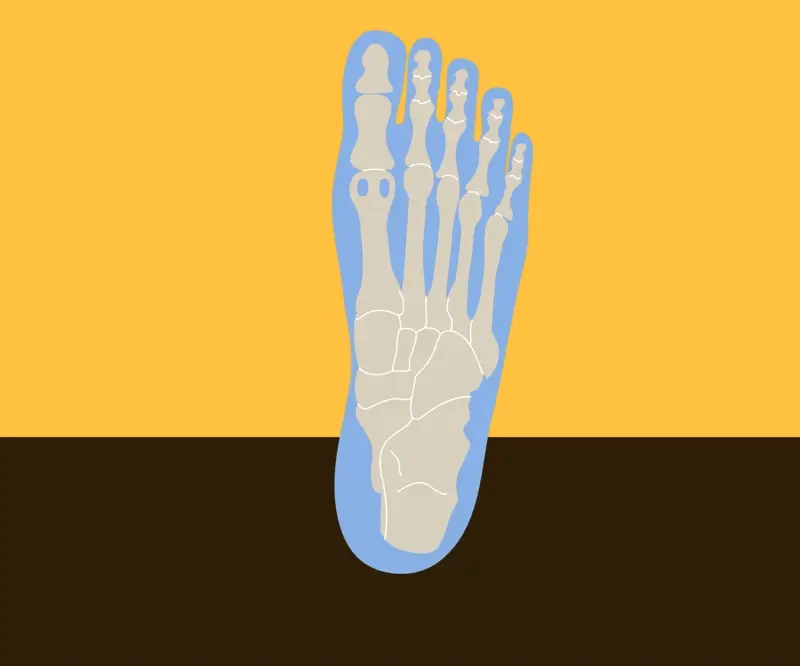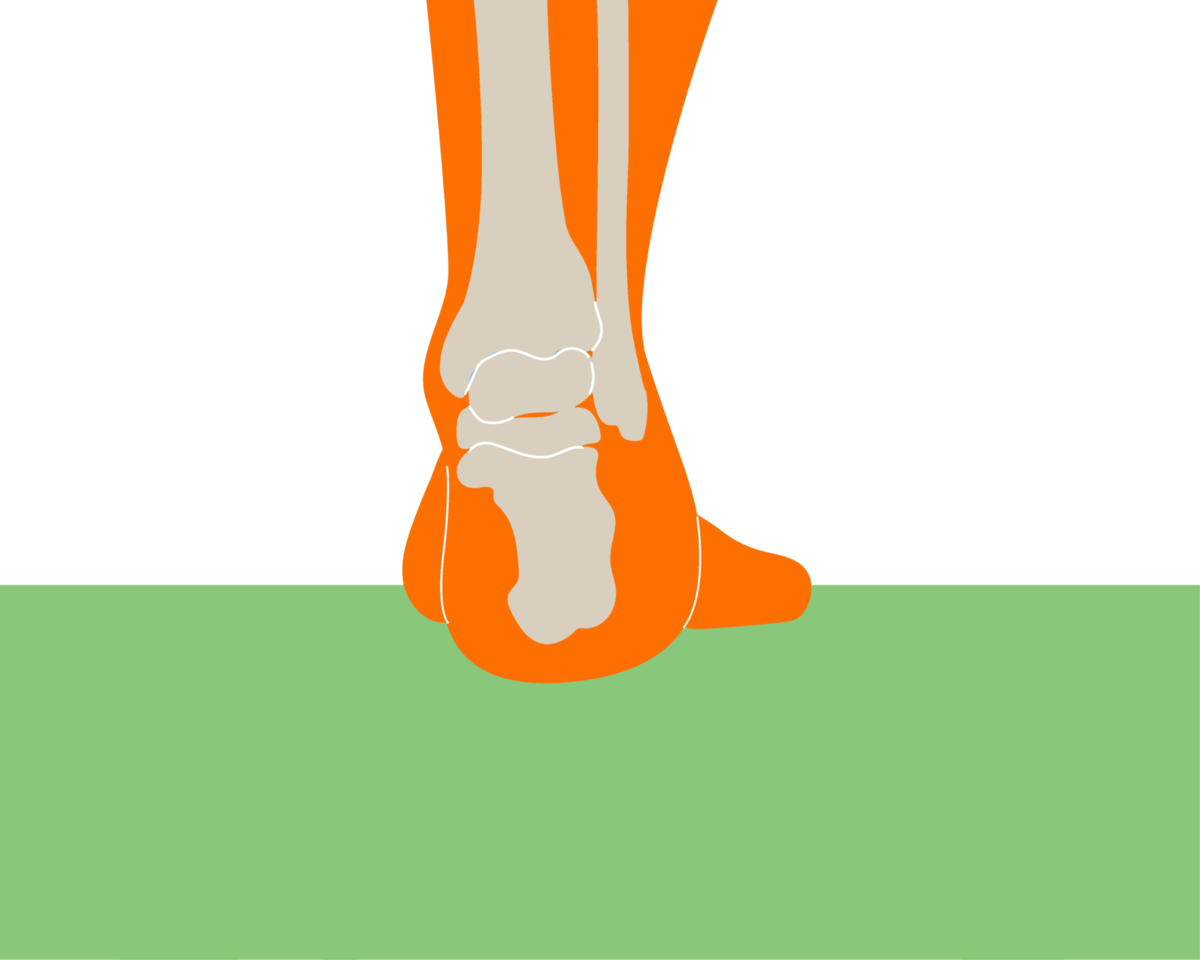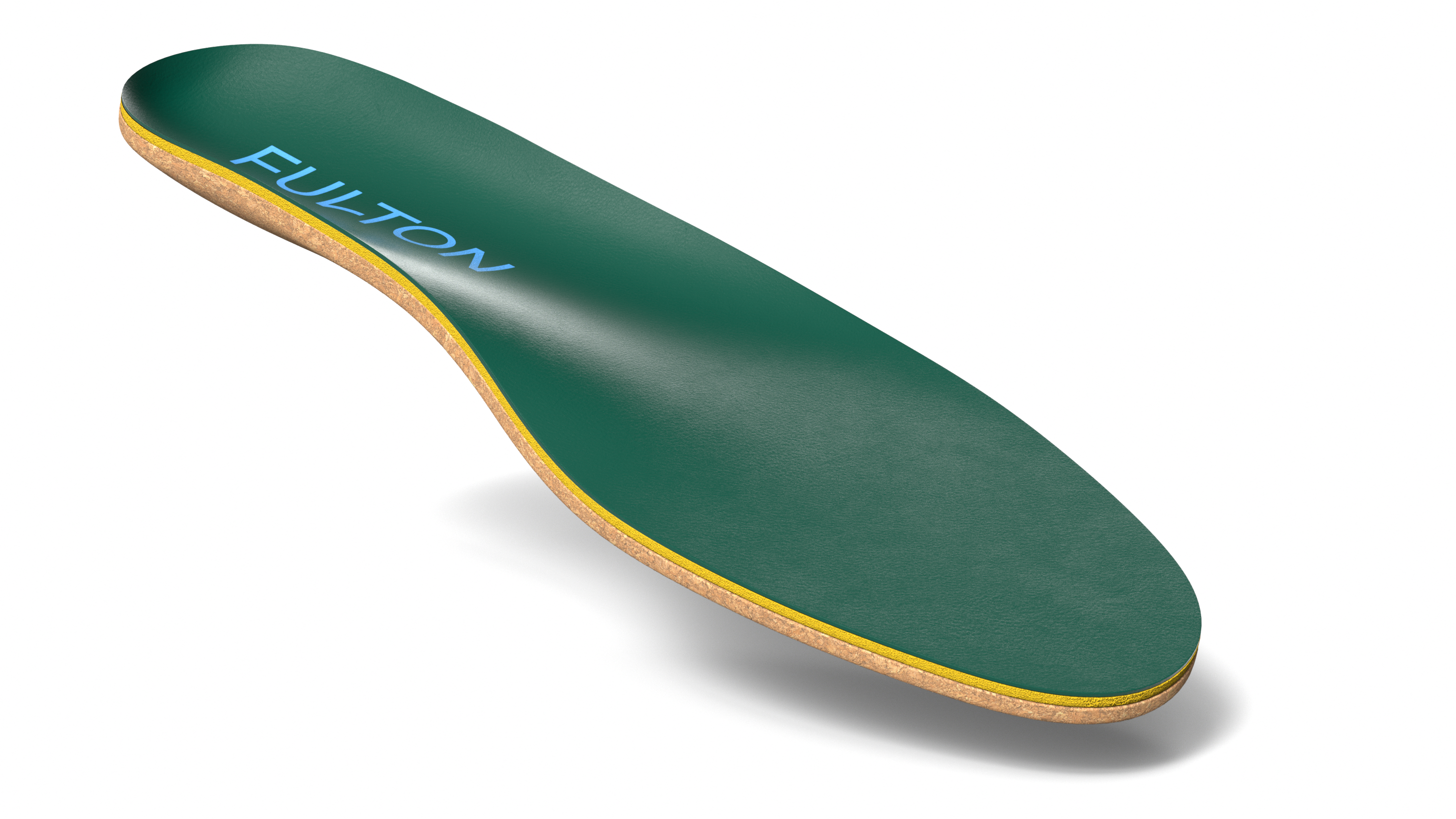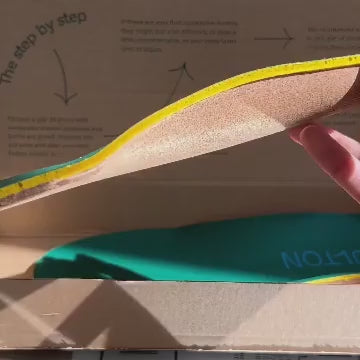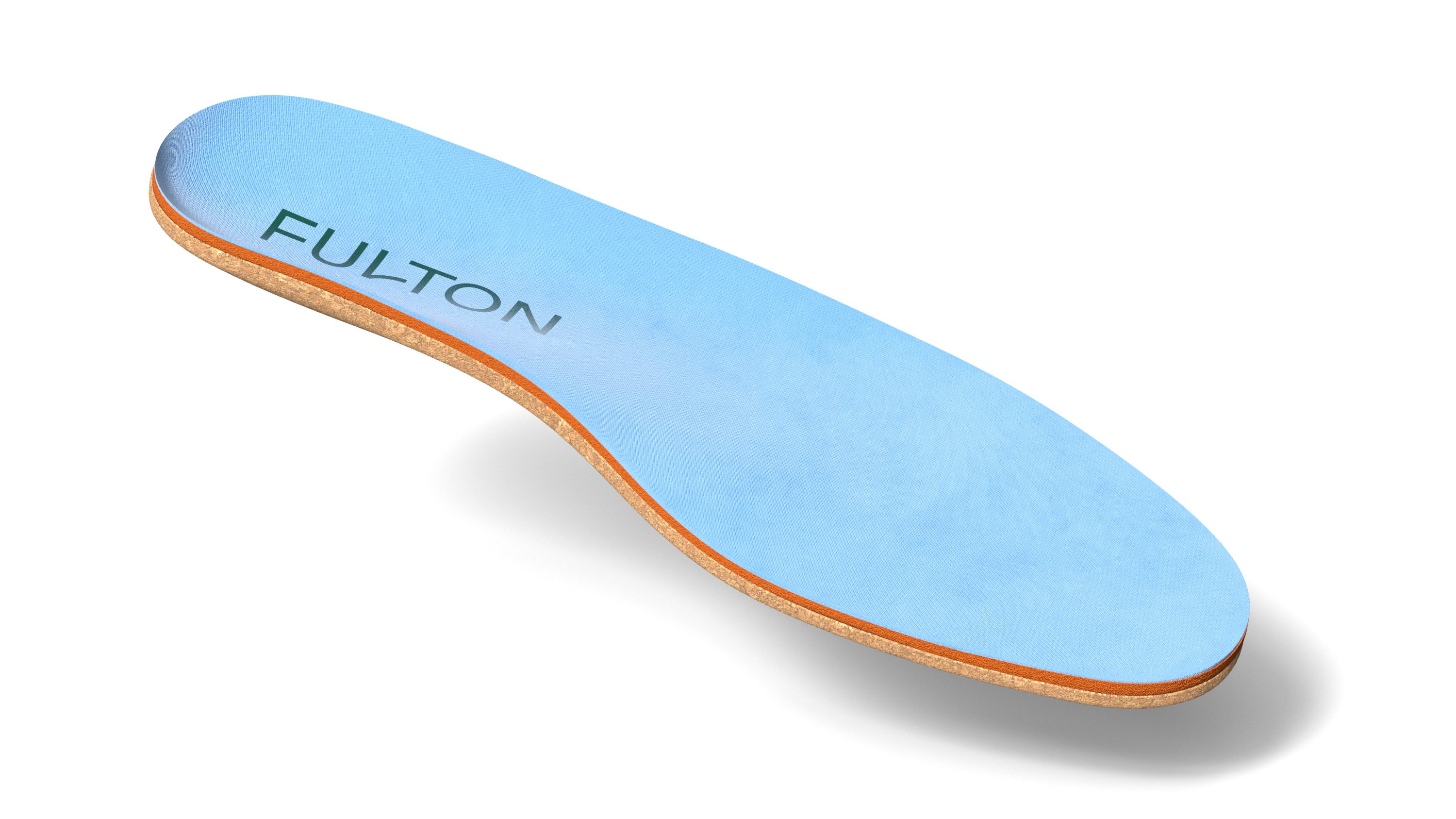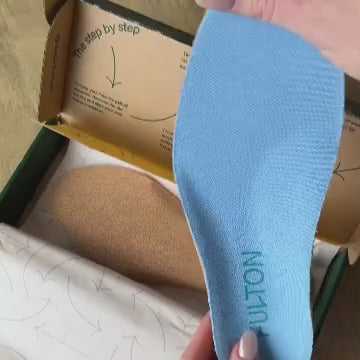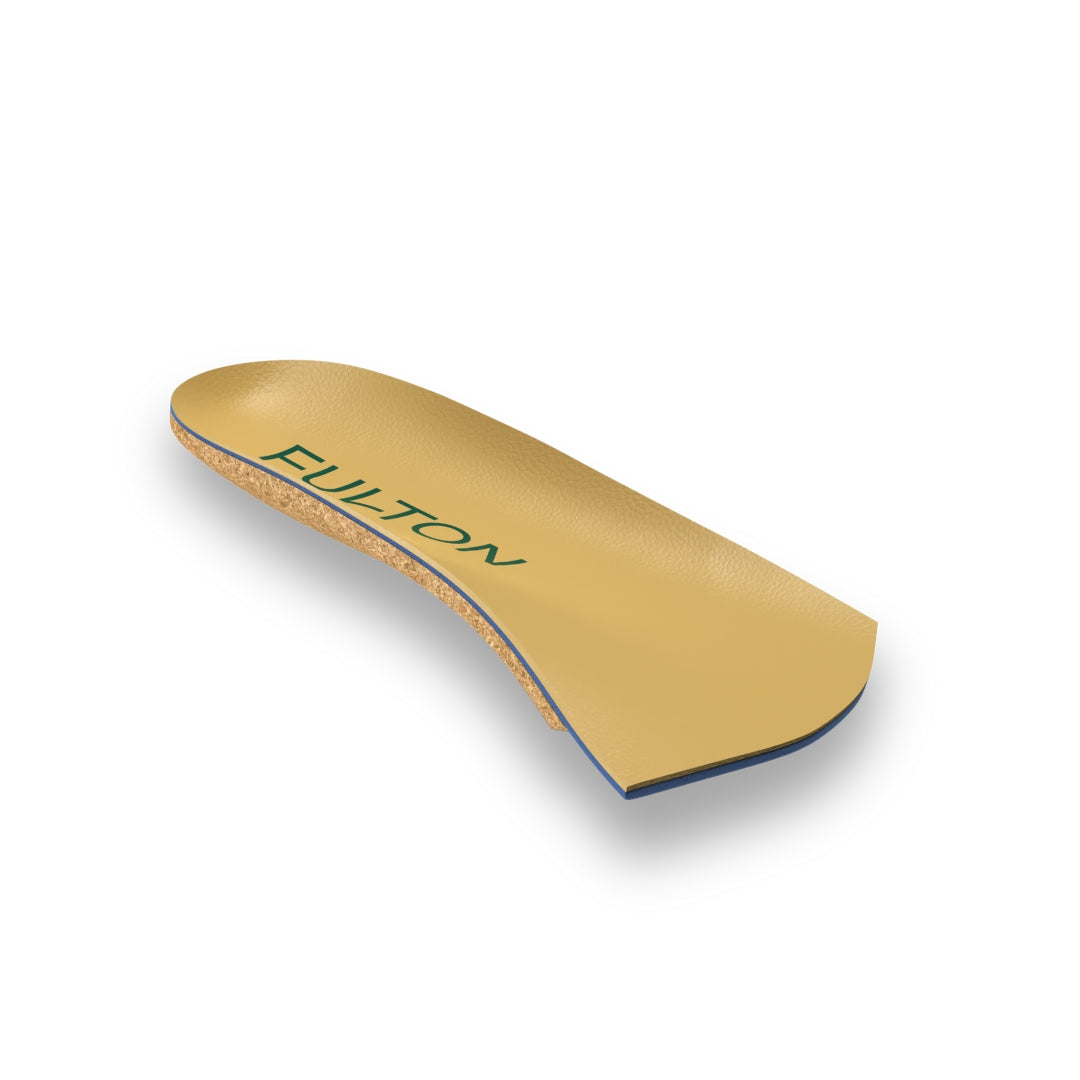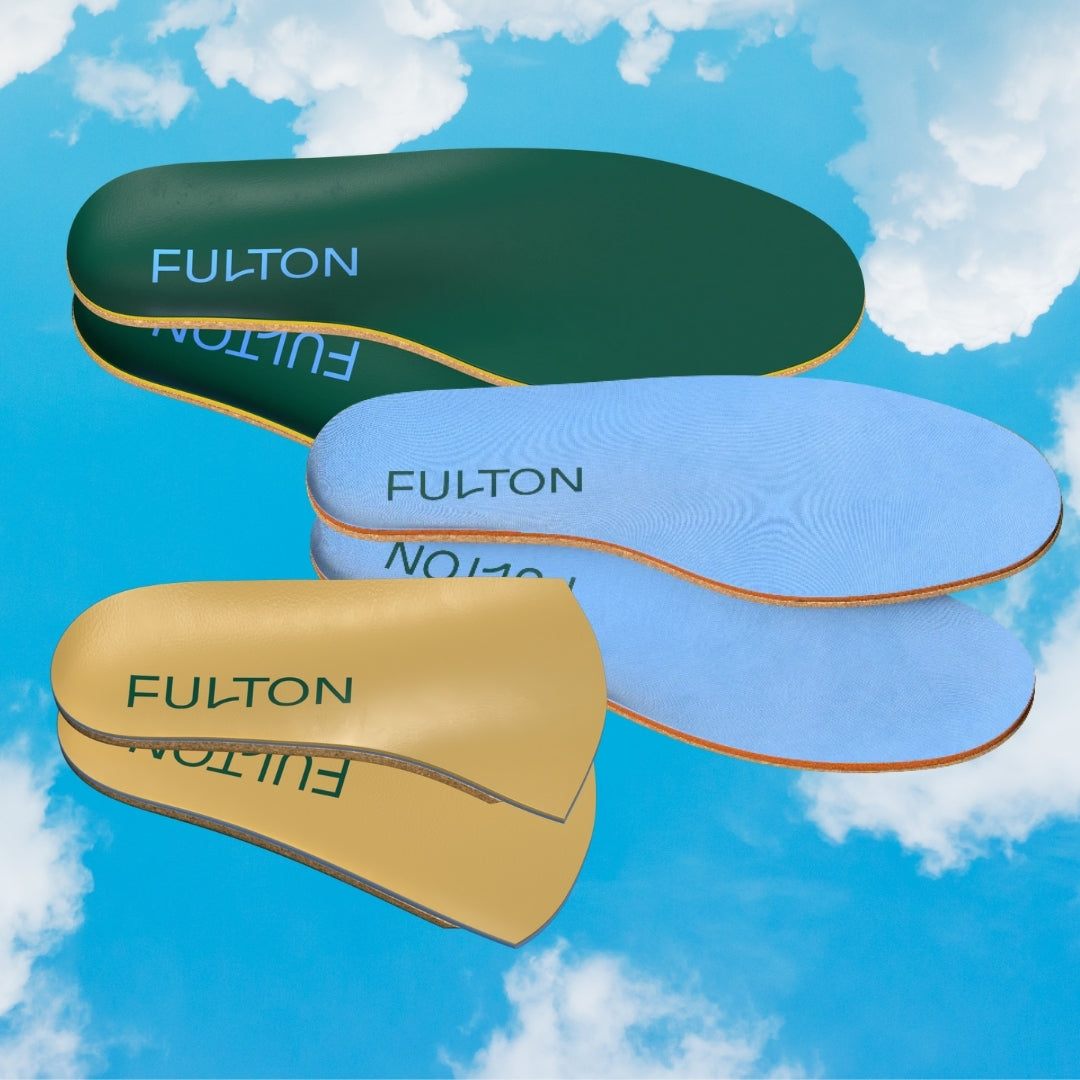What is Achilles tendonitis?
Achilles tendonitis is a common condition that affects the Achilles tendon, which connects the calf muscle to the heel bone. It often affects active individuals, such as athletes and people who are on their feet for most of the day. While it can be caused by overuse, factors such as improper form and ill-fitting shoes can also contribute.
Without proper support, repetitive stress on the Achilles tendon can lead to chronic discomfort and limited mobility. In severe cases, it could also result in tendon rupture if left untreated.
Does improper footwear affect Achilles tendonitis?
Not only could the wrong shoes lead to Achilles tendonitis, but they could also make existing cases worse. Any footwear that fails to provide proper support or puts pressure on the back of your heel could increase strain.
Specifically, shoes that increase stretch on the injured tendon will worsen your condition, as seen in flats, flip-flops, and other footwear with little to no heel-to-toe drop. Shoes that rub against the back of your heel, such as some high heels and boots, can also aggravate it.
What shoe features help alleviate Achilles tendonitis?
Whether you’re shopping for formalwear, work footwear, or sneakers, here are some qualities to seek out in shoes for Achilles tendonitis.
Heel-to-Toe Drop
Shoes with a heel that’s slightly elevated above the toes can relieve stress on your Achilles tendon. By keeping your heel up, these shoes reduce the flexion of the tendon as you walk, preventing added strain. Look for shoes with a heel that’s about half an inch to an inch higher than the forefoot.
Arch Support and Cushioning
Shoes should also keep your foot in a neutral position with adequate arch support. This distributes pressure evenly across your foot, thereby controlling the load on the tendon. Additionally, they should be well-cushioned to absorb shock and minimize stress on the tissue.
Ankle Support
The right shoes will provide support for your ankle with a secure, well-cushioned heel. This prevents your foot from shifting, which could otherwise cause your Achilles tendon to stretch uncomfortably.
Shock Absorption
Shock absorption refers to a shoe’s ability to protect your feet from the ground. Features that contribute to optimal shock absorption include solid cushioning with materials like gel on the insole, as well as durable outsoles composed of materials such as rubber.
Flexibility
When you have Achilles tendonitis, you’ll want to avoid rigid shoes that fail to bend and flex. With flexible materials that allow your foot to move naturally, the right shoes will avoid putting additional strain on your tendon.
Fit
Shoes that fit well will likewise avoid adding strain to the Achilles tendon by keeping your foot secure. They should be snug enough that they don’t allow your foot to move around considerably in the shoe, but also not too tight to the point where there’s rubbing in any areas.
Best Shoes for Achilles Tendonitis
Here are our top picks for shoes for Achilles tendonitis:
Best Running Shoes for Achilles Tendonitis
- Asics Gel-Kayano: This shoe features a gel cushioning system and a supportive heel to provide maximum comfort and support.
- Brooks Adrenaline GTS: This sneaker has a cushioned midsole and a supportive arch, making it a great option for those with Achilles tendonitis.
Best Sneakers for Achilles Tendonitis
- New Balance 928: This shoe is designed with a cushioned footbed, a supportive arch, and a wide toe box — all qualities that can benefit someone with Achilles tendonitis.
- Saucony Kinvara: With maximum cushioning and a moderate heel-to-toe drop, these sneakers offer optimal comfort and support.
Best Walking Shoes for Achilles Tendonitis
- Brooks Ghost: With extra cushion yet lightweight construction, Brooks Ghost is an Achilles tendonitis-friendly style.
- Skechers GO Walk: These shoes position your heel above your forefoot for stability and reduced strain on your Achilles tendon.
Tips for Managing Achilles Tendonitis Beyond Footwear
While finding the right footwear for Achilles tendonitis is a cornerstone of symptom management, there are other things you can do to keep discomfort at bay.
Foot Exercise and Stretches
For persistent or severe Achilles tendonitis, there’s no substitute for expert care from a physical therapist or a similar professional. But if your case is mild, consider trying these simple stretches at home, and repeating them as needed.
- Big toe pull: While seated, extend your affected leg and gently pull your big toe up and back.
- Towel stretch: Sit on the floor and place a towel around the affected foot. Pull back gradually.
- Seated calf raises: While sitting on a chair, lift your affected heel until you’re on your toes.
- Managing Discomfort
While it may not be possible to avoid physical activity altogether, do try to rest when your Achilles tendonitis is especially severe. Additionally, you can try applying ice to reduce inflammation and relieve pain after being on your feet. Some people also find that applying heat or wearing compression socks helps to reduce pain.
Insoles
While the best shoes for Achilles tendonitis may provide comfort, no footwear is built with insoles that have enough support or stability to prevent the condition. Good insoles, like those from Fulton help with:
- Customized arch support: Fulton insoles are designed to support your arch, thereby perfectly aligning and supporting your foot and preventing any additional stress on the Achilles tendon.
- Cushioning foam: Fulton insoles have a layer of natural latex foam, which provides extra cushioning, in particular to the heel and ankle, which can help alleviate pain and discomfort and prevent future injury.
- Deep heel cup: Fulton insoles’ deep heel cup helps to stabilize the heel and prevent needed strain from being put on the ankle and heel, thereby alleviating pain and preventing injury.
FAQs About Shoes for Achilles Tendonitis
How long does Achilles tendonitis last?
Healing time varies from person to person and depends on individual factors like the injury’s severity and treatment methods. In most cases, it will take several months to heal completely.
What does Achilles tendonitis feel like?
Most people with Achilles tendonitis report pain in the heel and along the length of the tendon, especially in the morning or while running and walking.
Can you run with Achilles tendonitis?
Running with Achilles tendonitis may be possible, but it’s usually not advised. It could aggravate the condition and cause further injury, so it’s best to wait to resume running until you’re healed.
What is the best shoe to wear for Achilles tendonitis?
The best shoes for Achilles tendonitis are those that have ample cushioning, flexibility, shock absorption, support, and heel-to-toe drop. But they should also feel right for your feet, which is why finding the right fit is equally important.
Can I wear high heels with Achilles tendonitis?
Although it’s possible to wear high heels with Achilles tendonitis, it isn’t recommended. Most high heels keep the tendon in a shortened position, causing tightness and worsening injury.


